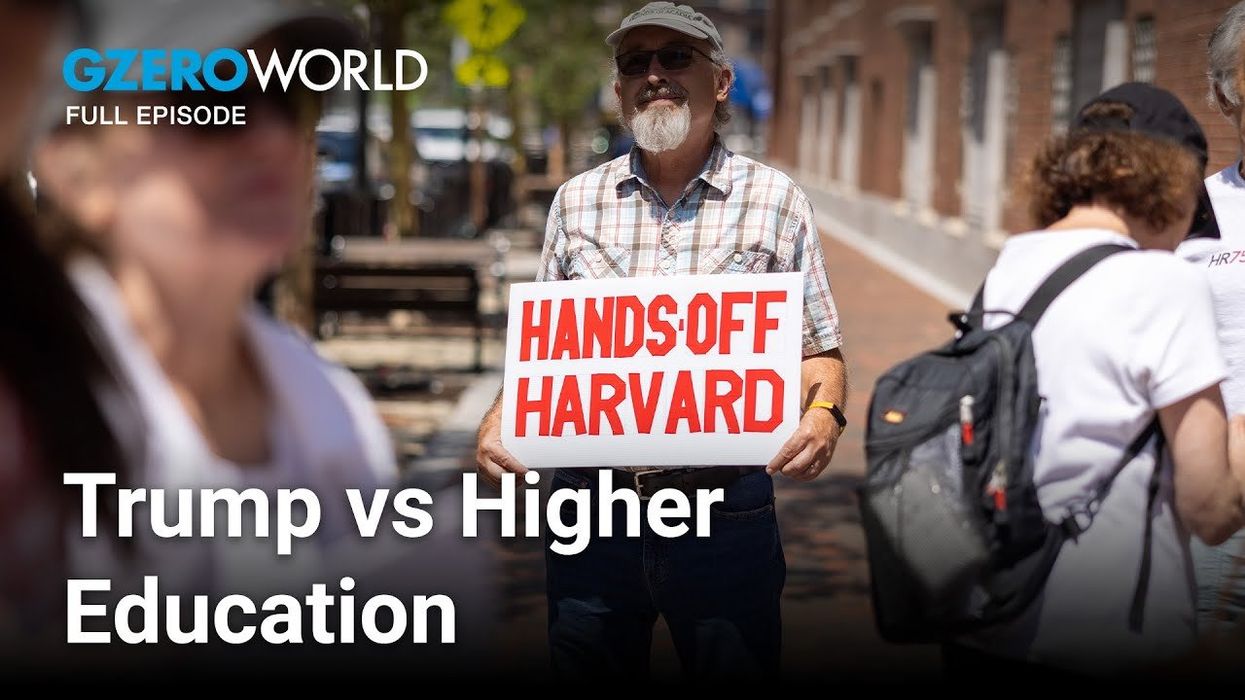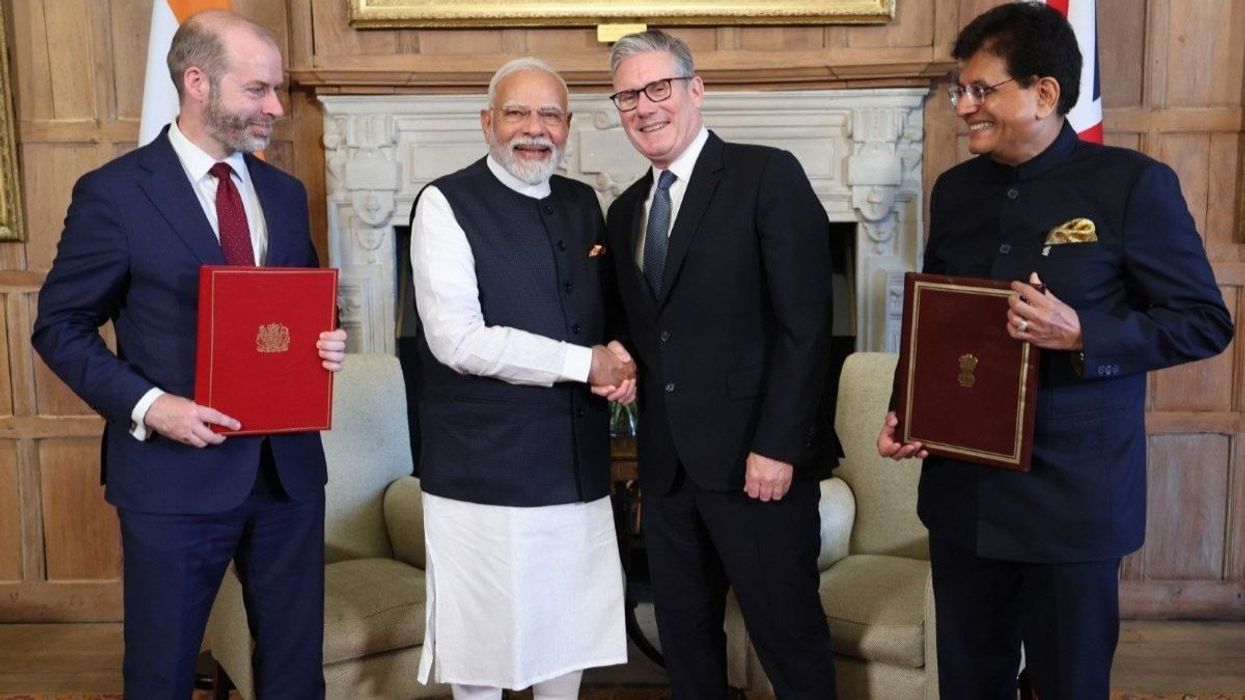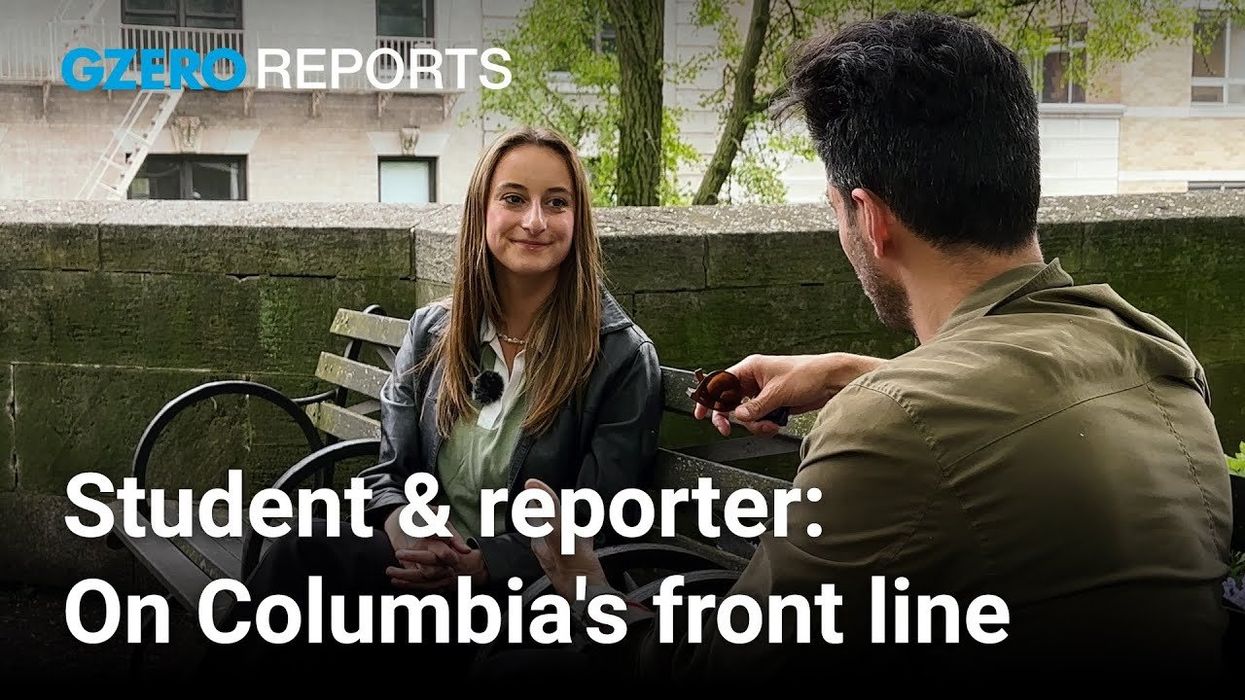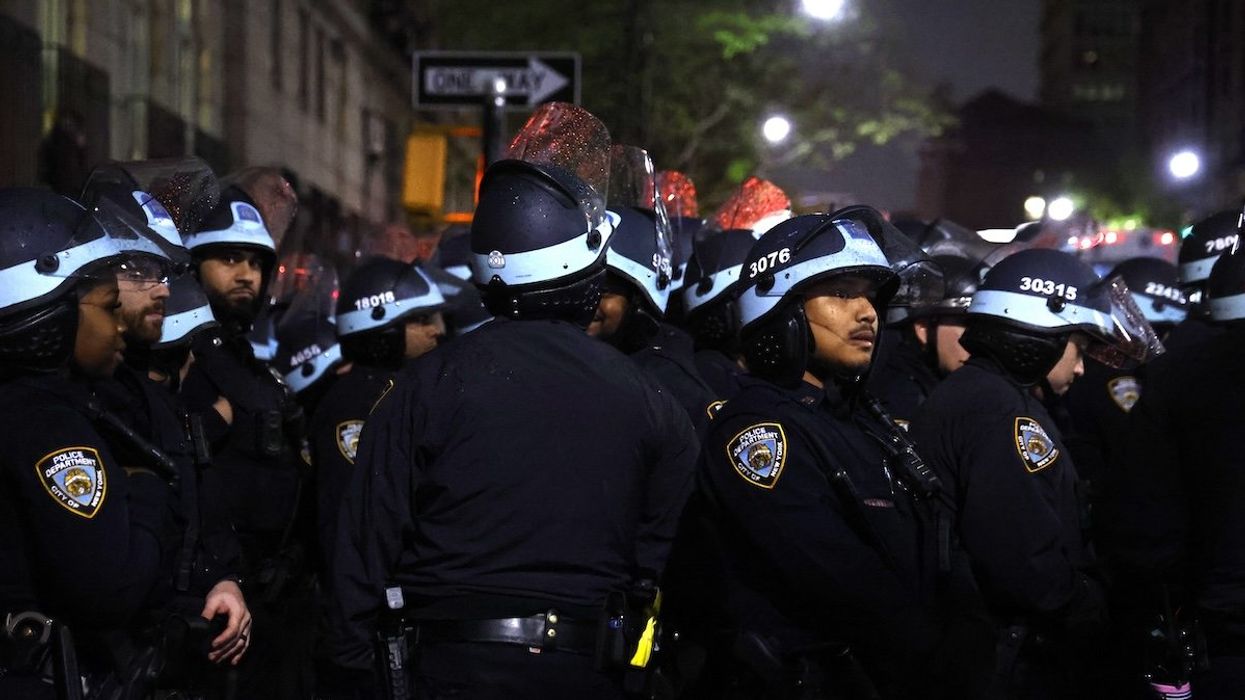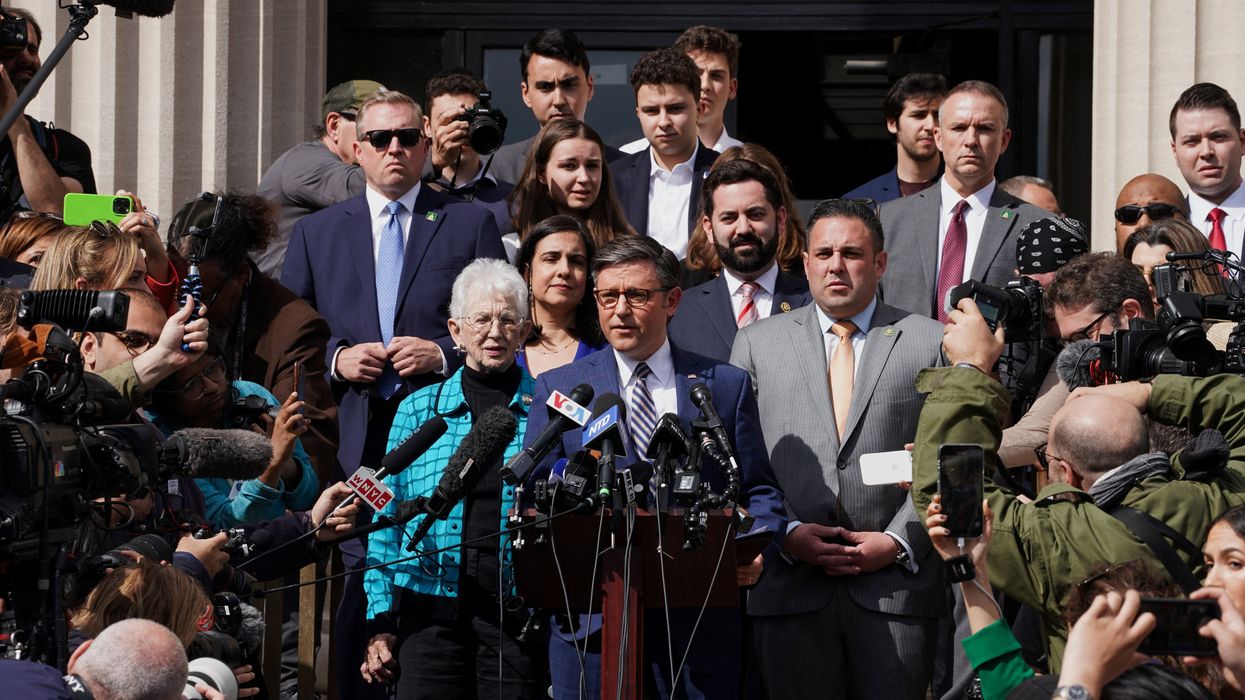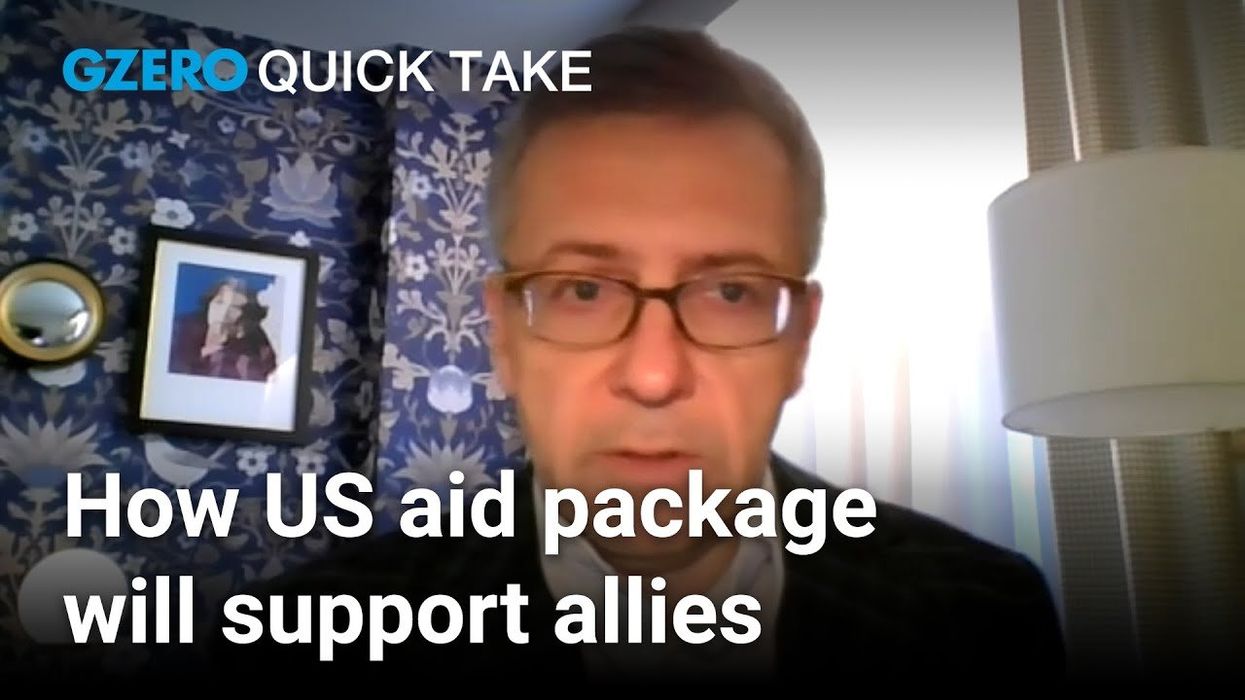GZERO World with Ian Bremmer
As Trump pressures universities, what's really at stake?
As Trump targets elite universities with lawsuits and funding cut threats, Harvard law professor Noah Feldman warns that critical scientific research— not to mention the pursuit of truth itself—may be on the line.
Aug 10, 2025
